An expanding range of training centres and training options ensures an ever-growing base of KNX experts

By Ufuk Unal
From the outset, training has been a key part in growing the worldwide KNX community. The first certified KNX trainings were organised in the early 1990s, shortly after the foundation of KNX Association. At that time, the training concept was still very new, so courses were mainly offered by a few pioneering training centres.
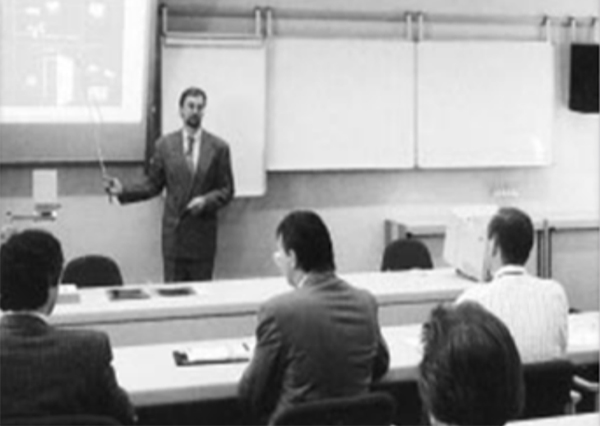
Training was usually delivered in a classroom setting with lots of hands-on exercises, since practical experience was essential to mastering the technology. The content was strongly focused on the basics: understanding the bus system, learning the configuration tool (then still ETS1), and practicing with the first KNX devices.
Over time, the network of certified training centres has grown internationally. At the time of writing, there were more than 500 certified KNX training centres worldwide, spread across all continents, ensuring that people everywhere have access to high-quality KNX education.

These centres typically offer the full range of certified courses, starting with the Basic Course and continuing with more specialised programmes such as the Advanced Course, the HVAC Specialist Course, and the Tutor Course. This broad offering allows participants to progress step by step, from basic knowledge to expert-level skills.
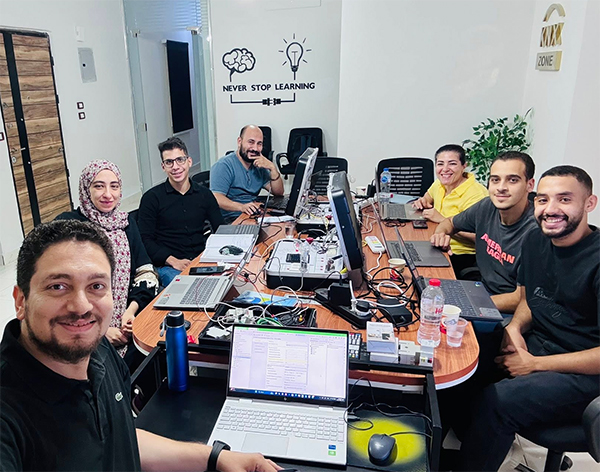
Establishing a training centre
To establish a certified KNX training centre, the tutor must first be certified by completing the Basic, Advanced, and Tutor Courses, with each step concluding in a standardised exam. In addition, the centre must be equipped with at least two full sets of KNX devices, including actuators, push buttons, and essential system components such as power supplies and line couplers. KNX Association supports and supervises these centres by providing official course material, ensuring uniform exams, and maintaining consistent training quality worldwide.
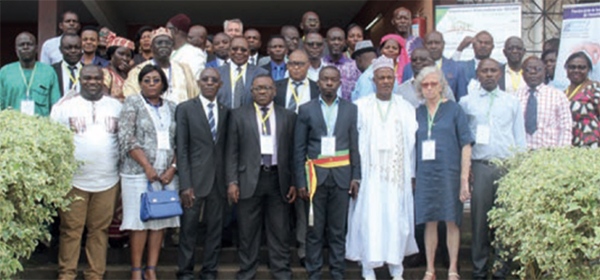
The most recent training centre to be certified is the ‘Handwerkskammer Berlin’ in Germany, which highlights the continued expansion of the KNX training community and the growing demand for structured education in building automation.
Other training opportunities
The first opportunity for anyone interested in KNX is the free eCampus course, available through their MyKNX account. This online training provides an easy introduction to the technology and is accessible to everyone. Those who want to continue can then attend the Basic Course, which leads to becoming a certified KNX Partner.
The KNX Partner programme is open not only to professionals such as installers, architects, and electricians, but also to DIY enthusiasts who want to set up their own smart home, as well as jobseekers looking to add a valuable qualification to improve their career prospects.
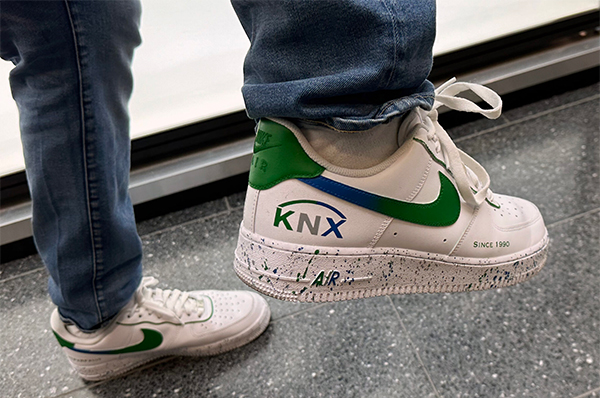
The NextGeneration programme
Last year, KNX Association launched the NextGeneration (NextGen) programme, aimed at supporting the younger generation. This initiative focuses on training that is organised by secondary schools, colleges, and universities. The requirements for these schools are less demanding than for certified training centres, making it easier for educational institutions to integrate KNX into their curricula and give students an early introduction to smart building technology.
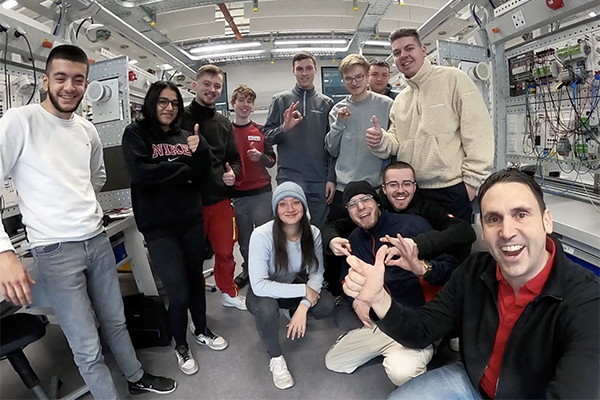
As of Q4/2025, KNX Association will also launch a new Energy Management Course. This highlights the growing importance of building automation in achieving energy efficiency, especially in response to evolving environmental and regulatory requirements. In this course, KNX Partners are introduced to KNX-based strategies and tools for effective energy management, including ways to visualise energy consumption to raise user awareness, and the integration of smart meters for advanced features such as load management.
The road ahead
The KNX journey started 35 years ago and has an exciting future. The technology is helping to make buildings more energy efficient, which is helping the planet and capturing the imagination of automation enthusiasts all over the world. As an open protocol, it is now complied with by hundreds of manufacturers, and can be specified, installed and maintained by over 137,700 trained KNX Partners in 183 countries, and growing. And why do the products and the training work so well? It’s down to solid engineering principles and high standards combined with a lot of enthusiasm and a great sense of community. Come and join us!
Ufuk Unal is responsible for Certification for KNX Association.












